I’d like to take this blog to answer that question. You know about my vision and priority topic areas, but what would I actually be like as a board member?
Enthusiastic:
Just as a recap, the topics that I’m particularly enthusiastic about are my four priorities:
- Collaborative creation of the new strategy and work plan
- Developing methods for targeted and impactful evidence-based advocacy
- Advancing our work on sustainable development and embedding sustainability across our work
- Gender and diversity mainstreaming in the YFJ and our work
These are the areas that I’m most excited about making a change in, and feel I have the most experience to contribute.
A safe pair of hands:
I’ve been on several boards before, of different sizes and types of organisation, including young people’s organisations, member organisations and volunteering organisations. Each of these experiences means I’ve built up skills relevant to this role. I know how to be a responsible board member, how to think strategically, but also when to ask the difficult questions and find solutions.

Dedicated to making change happen:
So we all want to make a difference in the world, but I’m focused on making sure that we each take on the actions that will actually get those plans happening on theground!
Collaborative:
I love working in teams that enjoy working together, taking collective responsibility and making processes as inclusive as possible. If you all feel collective ownership of something, you’ll work harder together to make it happen, right?
Accessible:
To me, you’re failing at the first hurdle if someone who wants to take part in a meeting or event can’t because the organisation hasn’t successfully broken down the barriers in their way. That means we have to be honest about accepting that barriers exist, and proactive in finding ways to be more inclusive. Sticking to timetables, having enough breaks and using accessible means of communication might not seem like the most important thing - but they can be the aspect which determines whether or not someone can be part of an activity or meeting. More barriers means less diversity and it’s been said that more diverse groups make better decisions.
At WAGGGS we have developed a Gender and Diversity Mainstreaming Toolkit to make it easy for organisations to think about the ways in which they can make their structures and activities more inclusive, and I’d love to apply some of the tools in that to the YFJ’s ways of working.
A voice of young women:
My experience in WAGGGS and Girlguiding has taught me a lot about the experiences of girls and young women, the challenges they face and the changes they want to see in the world. I also know that they are often not well represented in the spaces that make decisions which affect their lives. I know that as a young woman candidate it’s not just about running to be on the board for myself and WAGGGS - it’s also about showing girls and young women that they can and should be in decision-making positions, and empowering them to go for it in all sorts of leadership roles.
~ Rosalyn
